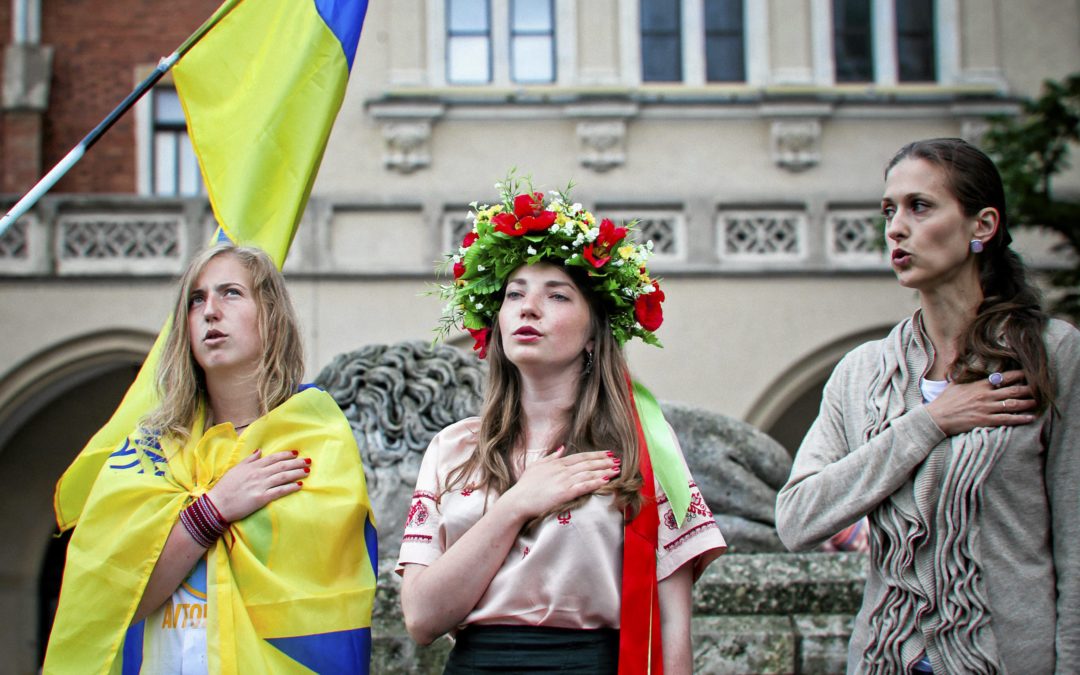Ukrainian migrant workers have created 11% of Poland’s GDP growth since 2014, according to a new report by analysts from the National Bank of Poland.
The report suggests that, without Ukrainian workers, Poland’s labour market would have shrunk in this period, restricting economic growth. Over the last five years, the authors argue, Ukrainians have been more significant to Poland’s sustained boom than either productivity gains or new labour input from Polish citizens. Ukrainians have contributed 2.5% to Poland’s overall GDP, according to estimates from the Rzeczpospolita daily.
The authors of the National Bank report point to various factors that might soon slow Poland’s growth rate. In particular, they note that the potential for continued immigration from Ukraine is limited, since Ukraine’s population – like Poland’s – is ageing rapidly. They point to lack of stability for migrant workers in Poland, and to the potential for the economic situation in Ukraine to improve. Other countries in the region – including Germany – are also competing for Ukrainian labour.
Eurostat data for 2018 recently revealed that, for the second year running, Poland issued more first residence permits (635,335) to immigrants from outside the European Union than any other member state. However, the year also saw a decline in the proportion of permits going to Ukrainians. Last year, 65% of permits went to citizens of Ukraine, down from 86% and 88% in the preceding two years.
The reduction in the number of Ukrainians has been compensated by growing arrivals from another eastern neighbour, Belarus, whose citizens accounted for 20% of permits last year, up from 6% of in 2017.
2018 also saw growth in arrivals from further afield, with the proportion of permits going to Turkish and Indian citizens more than doubling. Immigrants from beyond Europe, especially Turkey and South Asia, have become increasingly visible in large Polish cities, although the overall numbers are still small.
The average number of Ukrainians working in Poland at any one time is around 900,000, according to the National Bank report. Ukrainian workers have generally met with a positive response from Poles, many of whom have appreciated their economic contribution and seamless integration. Intermittent attempts by far-right groups to organise protests against Ukrainian immigration have been unsuccessful, with attendance usually not higher than double figures.
Main image credit: Jakub Ociepa/Agencja Gazeta.

Stanley Bill is the founder and editor-at-large of Notes from Poland. He is also Professor of Polish Studies and Director of the Polish Studies Programme at the University of Cambridge. He has spent more than ten years living in Poland, mostly based in Kraków and Bielsko-Biała.
He is the Chair of the Board of the Notes from Poland Foundation.




















